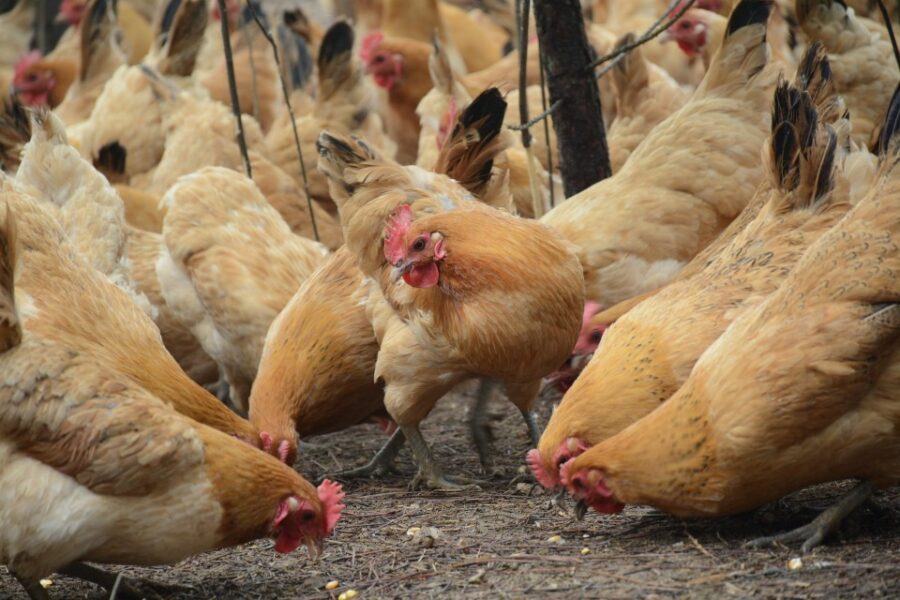The Government has brought in new UK-wide measures to protect poultry and captive birds against Avian Flu – and people are being warned not to touch or pick up birds. There are currently no reported cases in Blackburn with Darwen but cases have been reported in the Preston and Ribble Valley areas, Manchester and across Yorkshire. Poultry keepers must take action now to protect their flocks from bird flu this winter following a number of confirmed cases across the country in recent weeks.
New bird-housing measures, which will come into force on Monday 29 November, mean that it will be a legal requirement for all bird keepers across the UK to keep their birds indoors and to follow strict biosecurity measures in order to limit the spread of the disease, and help to eradicate it. Wild birds migrating to the UK from mainland Europe during the winter months can carry the disease and this can lead to cases in poultry and other captive birds.
Poultry keepers must now do the following:
• House or net all poultry and captive birds to keep them separate from wild birds
• Cleanse and disinfect clothing, footwear, equipment and vehicles before and after contact with poultry and captive birds – if practical, use disposable protective clothing
• Reduce the movement of people, vehicles or equipment to and from areas where poultry and captive birds are kept, to minimise contamination from manure, slurry and other products, and use effective vermin control
• Thoroughly cleanse and disinfect housing on a continuous basis
• Keep fresh disinfectant at the right concentration at all farm and poultry housing entry and exit points
• Minimise direct and indirect contact between poultry and captive birds and wild birds, including making sure all feed and water is not accessible to wild birds.
Government Chief Veterinary Officers are encouraging bird keepers to use the next few days to prepare for the new housing measures, including taking steps to safeguard animal welfare, consult their vet and put up additional housing where necessary. Members of the public are also being asked not to approach or touch poultry or other birds that you find or come across, on no account.
Public health advice remains that the risk to human health from the virus is low and food standards bodies advise that avian influenzas pose a very low food safety risk for UK consumers. There is no impact on the consumption of properly cooked poultry products including eggs.
Dominic Harrison, Blackburn with Darwen’s Director of Public Health, said: I would like to reassure people that the risk of humans catching Avian Flu is low, but I would also strongly advise people to avoid contact with all birds, especially wild birds and poultry. This virus spreads through having close contact with an infected bird, whether it is alive or dead, so avoiding this is important.
We are a nation of animal lovers and, for some of us, if we see a bird that is clearly unwell or suffering, our instinct will be to help it. However, we are urging everyone not to do that – on no account should any of us be touching dead birds and wildfowl. If you know of any birds that appear unwell, please report them to the Defra Rural Services Helpline on 03000 200 301.
If you find dead wild waterfowl (swans, geese or ducks) or other dead wild birds, such as gulls or birds of prey, you should report them to the Defra helpline – call 03459 33 55 77 and select option 7 – and arrangements will be made to remove them swiftly.

